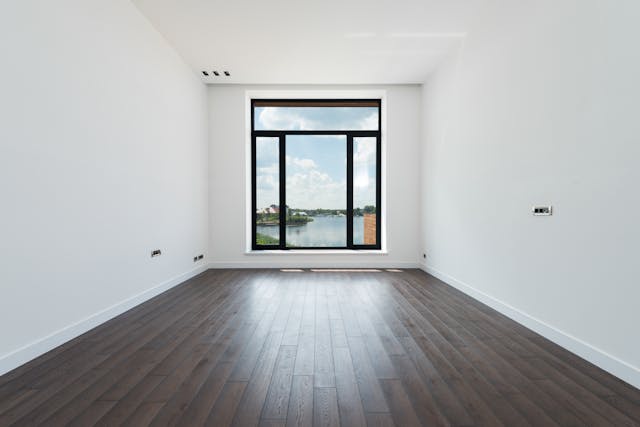When it comes to creating a peaceful and tranquil environment within your home or office space, soundproofing flooring is an essential consideration. Whether you're dealing with noisy neighbors, loud footsteps, or echoing rooms, finding the right soundproofing material for your floors can significantly enhance your comfort and well-being. In this comprehensive guide, we'll explore various soundproofing flooring options, their effectiveness, and factors to consider when choosing the best material for your needs.
Understanding the Importance of Soundproofing Flooring:
Before delving into the specifics of soundproofing materials, it's crucial to understand why investing in soundproofing flooring is essential. Unwanted noise can disrupt your daily life, affecting your concentration, productivity, and overall sense of peace. Whether you're working from home, enjoying leisure activities, or simply trying to relax, excessive noise can be a significant source of stress and discomfort. By installing soundproofing flooring, you can minimize noise transmission between floors, creating a quieter and more enjoyable living or working environment.
Factors to Consider When Choosing Soundproofing Flooring:
Before selecting a soundproofing material for your floors, it's essential to consider several factors to ensure optimal effectiveness and compatibility with your space. Here are some key considerations to keep in mind:
- Material Thickness: The thickness of the soundproofing material plays a crucial role in its ability to block and absorb sound waves. Thicker materials generally provide better soundproofing properties, as they offer increased mass and density to block noise effectively.
- Acoustic Performance: Different soundproofing materials offer varying levels of acoustic performance. Look for materials specifically designed to absorb and dampen sound waves, such as cork, rubber, or acoustic underlayment.
- Installation Method: Consider the ease of installation and compatibility with your existing flooring. Some soundproofing materials require professional installation, while others can be easily installed as underlayment or floating floors.
- Durability and Maintenance: Choose soundproofing flooring materials that are durable, easy to maintain, and resistant to wear and tear. Consider factors such as moisture resistance, stain resistance, and longevity to ensure long-term performance and satisfaction.
- Cost: Soundproofing materials come in a range of price points, so it's essential to balance your budget with the desired level of soundproofing effectiveness. Keep in mind that investing in high-quality materials may result in long-term savings by reducing noise-related stress and improving overall comfort.
Types of Soundproofing Flooring Materials:
Now that we've covered the key considerations let's explore some of the most popular soundproofing flooring materials available:
- Cork Flooring: Cork flooring is a natural and eco-friendly option known for its excellent soundproofing properties. The unique cellular structure of cork effectively absorbs sound waves, reducing noise transmission between floors. Additionally, cork flooring is soft underfoot, comfortable to walk on, and naturally resistant to mold, mildew, and pests. Its durability and sustainability make it an attractive choice for environmentally conscious consumers seeking soundproofing flooring solutions.
- Rubber Flooring: Rubber flooring is another popular choice for soundproofing floors, particularly in high-traffic areas such as gyms, offices, and playrooms. Rubber's dense and resilient nature helps absorb impact noise and vibration, making it an effective soundproofing material. Additionally, rubber flooring is easy to clean, durable, and available in a variety of colors and textures to suit any aesthetic preference.
- Acoustic Underlayment: Acoustic underlayment is a versatile soundproofing solution that can be installed underneath various types of flooring, including hardwood, laminate, and carpet. Made from materials such as foam, rubber, or cork, acoustic underlayment effectively reduces impact noise and airborne sound transmission. It also provides thermal insulation and moisture protection, enhancing the overall comfort and performance of your floors.
Conclusion:
In conclusion, choosing the right soundproofing flooring material is essential for creating a peaceful and comfortable indoor environment. Whether you opt for cork flooring, rubber flooring, or acoustic underlayment, investing in soundproofing materials can significantly reduce noise transmission and improve overall quality of life. Consider factors such as material thickness, acoustic performance, installation method, durability, and cost when selecting the best soundproofing solution for your space. With the right flooring material in place, you can enjoy a quieter and more enjoyable living or working environment for years to come.


No comments yet